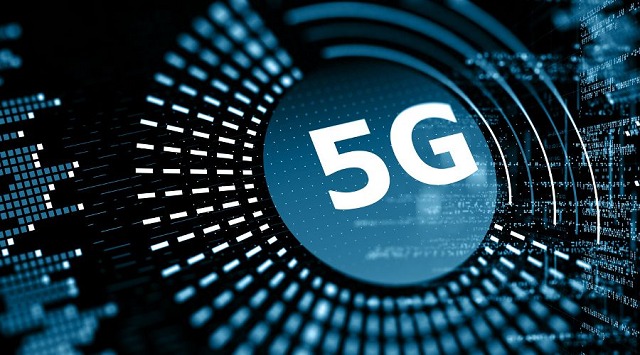The International Telecoms Union (ITU), the United Nations’ agency that regulates global telecommunication operations and services, has said the planned global 5G rollout in 2020, will within five years of rollout, increase global connectivity and generate over $1.3 trillion revenue among operators that will roll out the service.
Presenting the report recently, the Director, Telecommunication Development Bureau at ITU, Brahima Sanou, urged counties to begin adequate preparations towards the 2020 global rollout year.
“Commercial 5G networks are expected to start deployment after 2020, and by 2025, the GSM Association (GSMA) expects 5G connections to reach 1.1 billion, which is 12 per cent of total mobile connections. Overall operator revenues will grow at a 2.5 per cent, to reach $1.3 trillion by 2025,” Sanou said.
Making reference to the report, Sanou added that 5G was also expected to increase data rates dramatically and reduce latency compared to 3G and 4G.
5G is expected to significantly reduce latency to below 1 millisecond, suited to mission-critical services. Its high-speed capability means 5G networks can provide a range of high-speed broadband services and offer an alternative to last-mile access such as Fibre-To-The-Home (FTTH) or copper connections.
In Nigeria, the telecoms industry regulator, the Nigerian Communications Commission (NCC), has announced the readiness of Nigeria to rollout 5G network by 2020. The Executive Vice Chairman of NCC, Prof. Umar Garba Danbatta, who announced Nigeria’s readiness during a collaborative meeting between it and the GSMA on 5G rollout in Abuja recently, had said Nigeria would roll out 5G network with the 26GHz, 38GHz and 42GHz spectrum bands by the year 2020.
According to him, trial testing of the rollout plan had already commenced in the country beginning with the Eko Atlantic project, where broadband data will drive connectivity and allow humans to interact with connected devices to check health their status, and remotely control home appliances without physical contact.
Although Danbatta had identified the deficit in infrastructure rollout and spectrum availability in the country, he said NCC was already working to address the challenges and would begin with the available spectrum to drive 5G rollout in the country.
According to ITU report, the high speed and low latency promised by 5G, would propel societies into a new age of smart cities and the Internet of Things (IoT). Industry stakeholders have identified several potential use cases for 5G networks, and the ITU-R has defined three important categories of these to include: Enhanced mobile broadband (eMBB) – enhanced indoor and outdoor broadband, enterprise collaboration, augmented and virtual reality; Massive machine-type communications to IoT, asset tracking, smart agriculture, smart cities, energy monitoring, smart home, remote monitoring; Ultra-reliable and low-latency communications for autonomous vehicles, smart grids, remote patient monitoring and tele-health, industrial automation.
5G is also expected to drive the evolution of smart cities and IoT through the deployment of a considerable number of low-power sensor networks in cities and rural areas. The security and robustness built into 5G will make it suitable for public safety as well as for use in mission-critical services, such as smart grids, police and security services, energy and water utilities, and healthcare, the report said.











